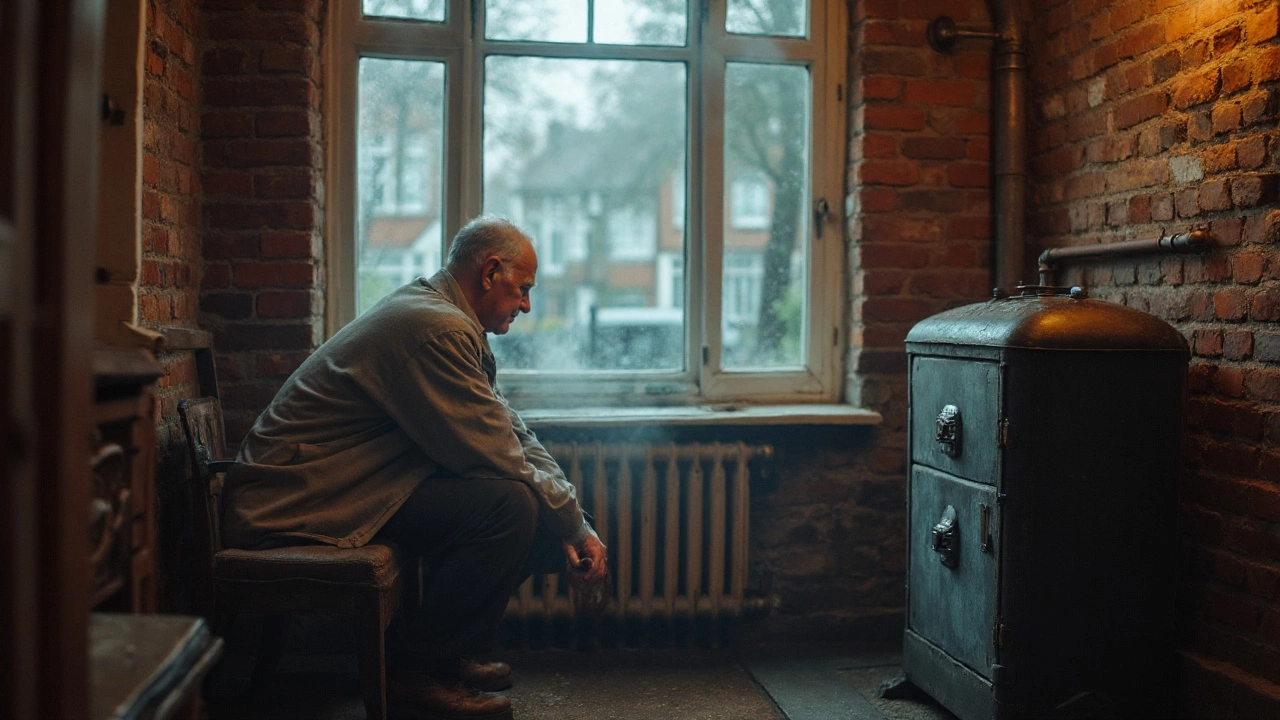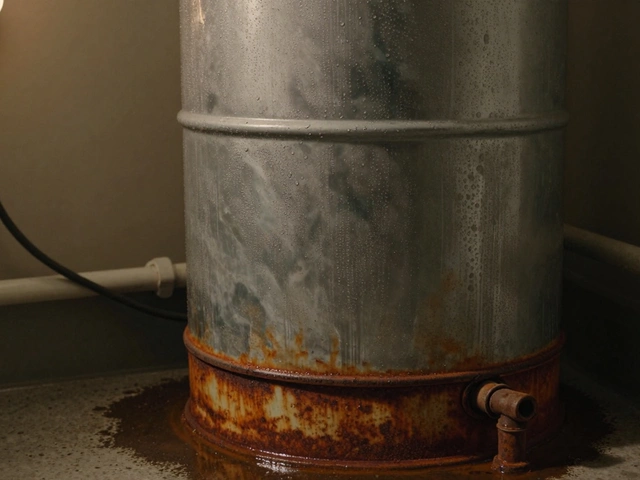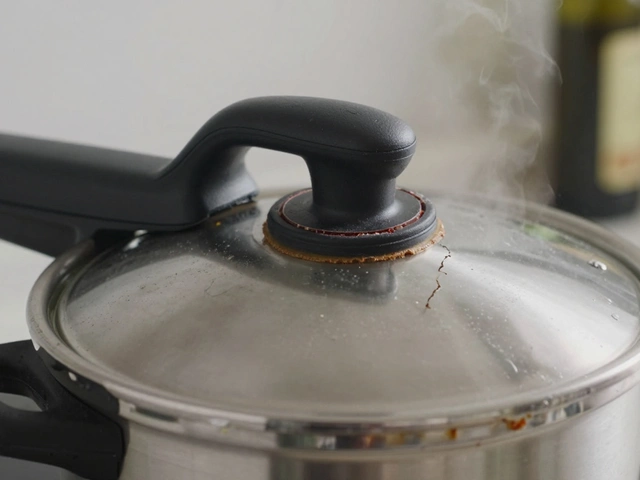How Long Boilers Last – What Affects Your Boiler’s Lifespan
When thinking about Boiler lifespan, the typical number of years a heating boiler can operate before major components wear out. Also known as boiler life expectancy, it helps homeowners plan maintenance, budgeting, and eventual replacement.
One of the biggest drivers of how long boilers last is regular boiler service, a professional check‑up that cleans, tests safety controls, and adjusts efficiency settings. A well‑tuned system sheds less heat, runs smoother, and avoids the wear that shortens its useful years. Skipping the yearly service is like skipping oil changes on a car – corrosion builds, seals dry out, and hidden leaks turn into costly emergencies.
Key Factors Influencing Boiler Lifespan
First, the type of boiler matters. Conventional cast‑iron models often reach 15‑20 years, while modern stainless‑steel combi units can push 25 years if cared for. Second, usage patterns play a role: a house that heats constantly in a cold climate will accumulate wear faster than a lightly used weekend‑home. Third, water quality is a silent killer – hard water deposits scale on heat exchangers, reducing efficiency and forcing the boiler to work harder. Installing a water softener can shave a few years off the aging clock.
Maintenance isn’t just about the annual boiler repair, the process of fixing faults like leaks, faulty thermostats, or ignition problems after they appear. Proactive repairs prolong life by addressing early signs before they become systemic failures. For example, a squeaky pump might signal bearing wear; replacing the pump early prevents the motor from overheating and damaging the entire system.
When a fault becomes chronic, owners face a decision: keep pouring money into boiler replacement, installing a brand‑new heating unit once the old one is beyond economical repair or continue patching. A good rule of thumb is the 50 % rule – if repair costs exceed half the price of a new, energy‑efficient boiler, replacement usually makes more sense. Newer models not only run cheaper but often qualify for government incentives, shaving the overall cost.
Energy efficiency also loops back into lifespan. A boiler that runs at 90 % efficiency burns less fuel, creating lower internal pressures and less thermal stress. Upgrading to a condensing boiler can boost efficiency by up to 10 % compared to an older non‑condensing unit, directly translating to slower component wear.
Environmental factors can’t be ignored either. Corrosion from a damp loft, frequent temperature swings, or poor ventilation can bite into the metal housing. Proper installation – ensuring the boiler sits on a stable, level base with adequate clearance – mitigates these risks. Many homeowners overlook the simple step of checking pipe insulation; cold pipe surfaces cause condensation, which then corrodes metal over years.
Finally, keep records. A log of service dates, repair invoices, and performance notes gives a clear picture of the boiler’s health. When you notice patterns – like recurring pressure drops after each service – you can spot systemic issues early and decide whether a part upgrade or a full swap is warranted.
All these bits – type, usage, water quality, maintenance, repairs, efficiency, and environment – interlock to answer the question of how long boilers last. Below you’ll find articles that break down each element, from spotting early warning signs to calculating when it’s finally time to call in a pro for a replacement. Dive in for practical tips, cost breakdowns, and real‑world examples that will help you keep your heating reliable for years to come.


